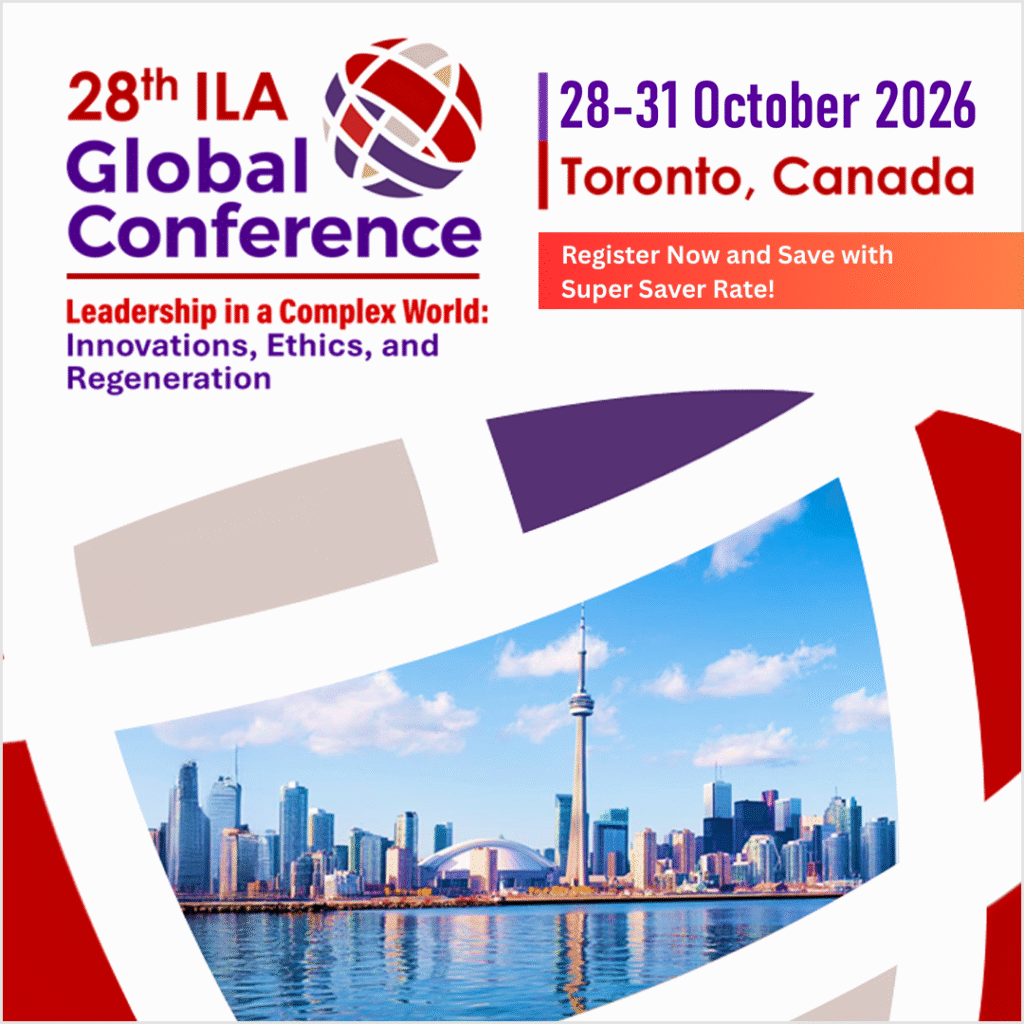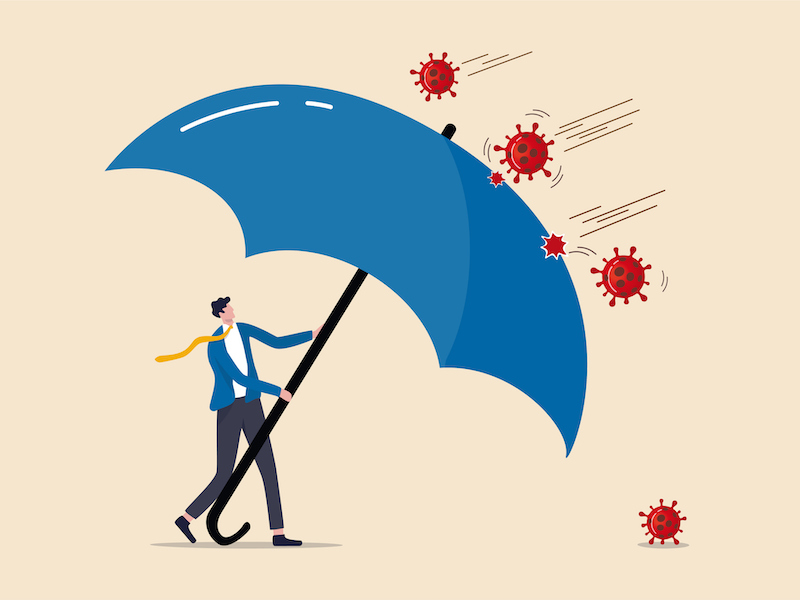
Presenters: David Smedick, Molly Sauer, and William Smedick
- 27 August 2020
Share:
Requires Member Login. Not a member? Join today!
In 2019, the World Health Organization identified air pollution and climate change as one of the top 10 threats to global health. Climbing average temperatures—heavily driven by unchecked environmental pollution—have led to a range of consequences, from rising sea levels to shifting weather patterns. As a result, countries and communities worldwide face serious, immediate, cascading threats to their health and wellbeing. From increases in extreme weather events like droughts and heat waves, to coastal flooding that leads to inundated cities and overwhelmed water and sanitation systems, to shifting infectious disease patterns, the impacts of climate change threaten to undermine decades of progress in improving health and strengthening health systems. And while these impacts are already being experienced—disproportionately so among the countries and communities contributing to them least—we are not without solutions.
Around the world, institutional and grassroots leaders are building a movement to mitigate these environmental and health impacts where we can, and adapt to a climate change future where we must. In this webinar, participants will be introduced to the intersection of climate disruption and human health. The session will focus on a subset of critical, interconnected health effects as they are experienced around the world, and will highlight the ways leaders and organizations are collectively working to build resiliency.
What will participants learn or gain from attending the webinar?
- Define climate change, mitigation, and adaptation, and understand key global thresholds and targets
- Describe at least three impacts of climate change on human health and health systems, and identify communities for whom these effects are disproportionately severe
- Identify organizational and grassroots leaders working to address climate change
Speaker Information
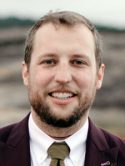
David Smedick is a Senior Campaign Representative for the Sierra Club in the Mid-Atlantic. David helps build a movement that drives states and local jurisdictions off dirty fuels like coal and fracked gas to a more prosperous and just clean energy economy. David previously worked in Atlanta, Georgia on green building and sustainability issues, and is currently living in Baltimore with his wife and dog.
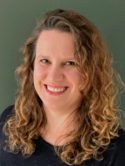
Molly Sauer is a faculty member in the Department of International Health at the Johns Hopkins Bloomberg School of Public Health. Based at the International Vaccine Access Center, she works to strengthen immunization program resiliency in low- and middle-income countries by conducting behavioral and implementation research, supporting evidence-based decision-making, and tackling misinformation and vaccine hesitancy.
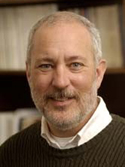
William Smedick, Senior Lecturer and Director of Leadership Studies Program, Johns Hopkins University

